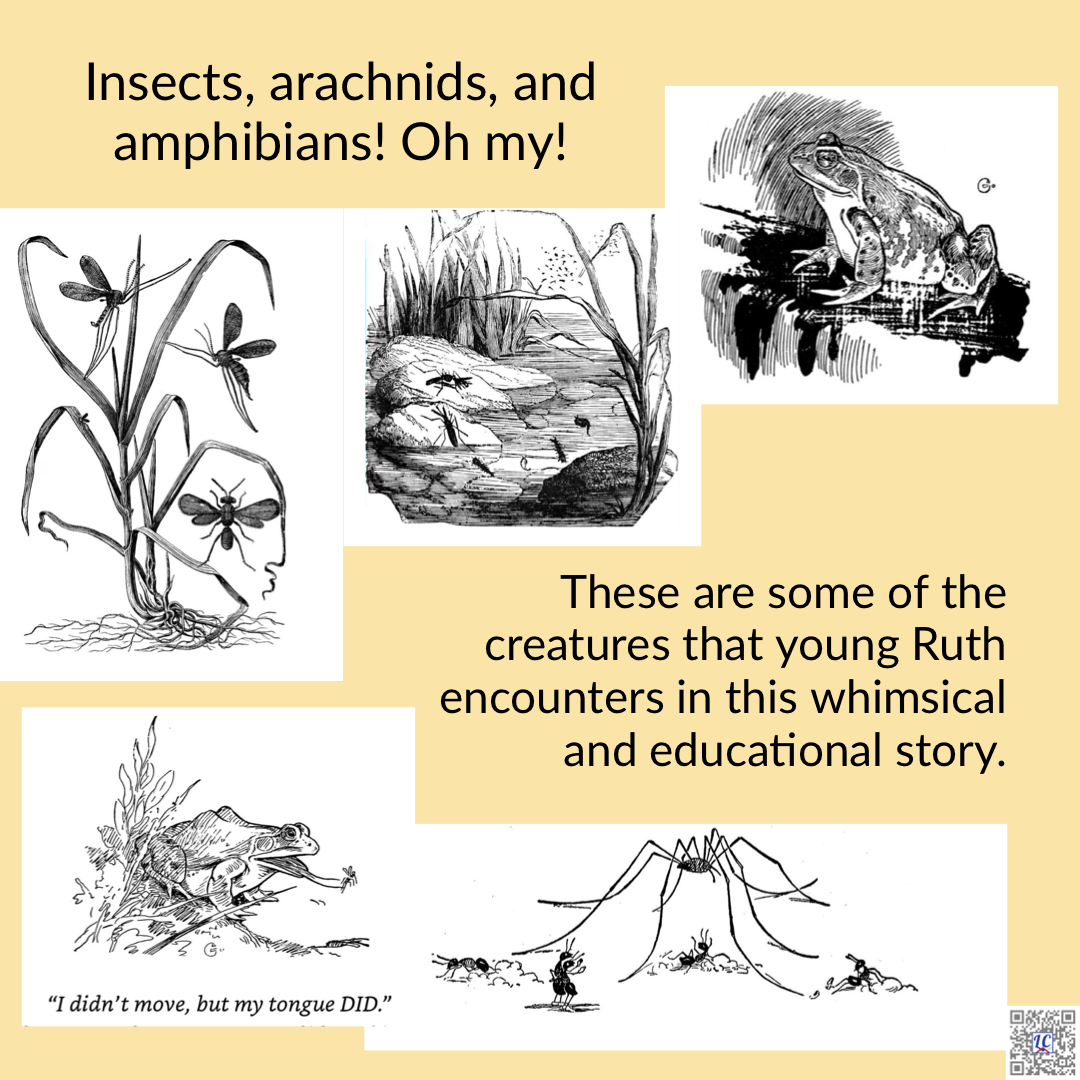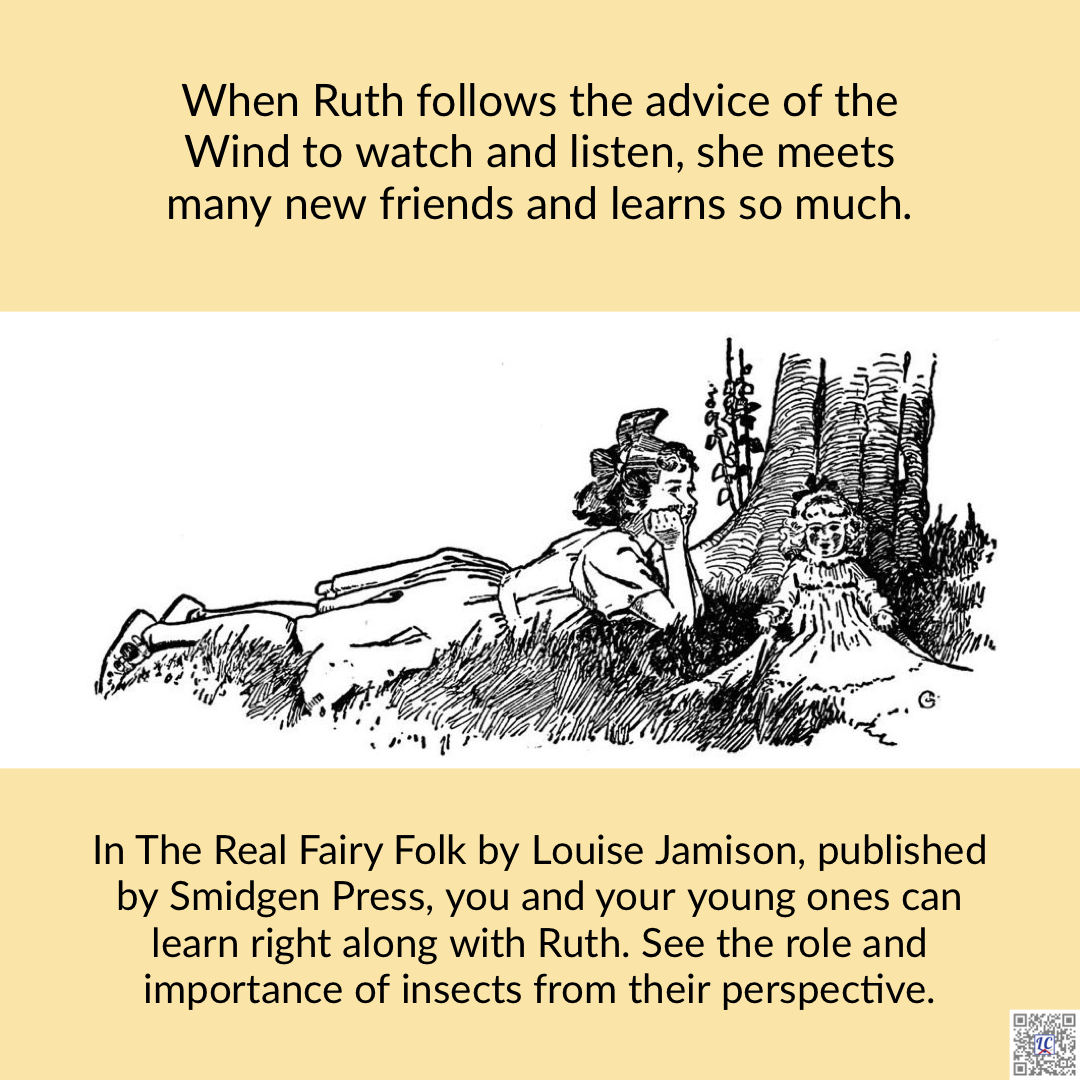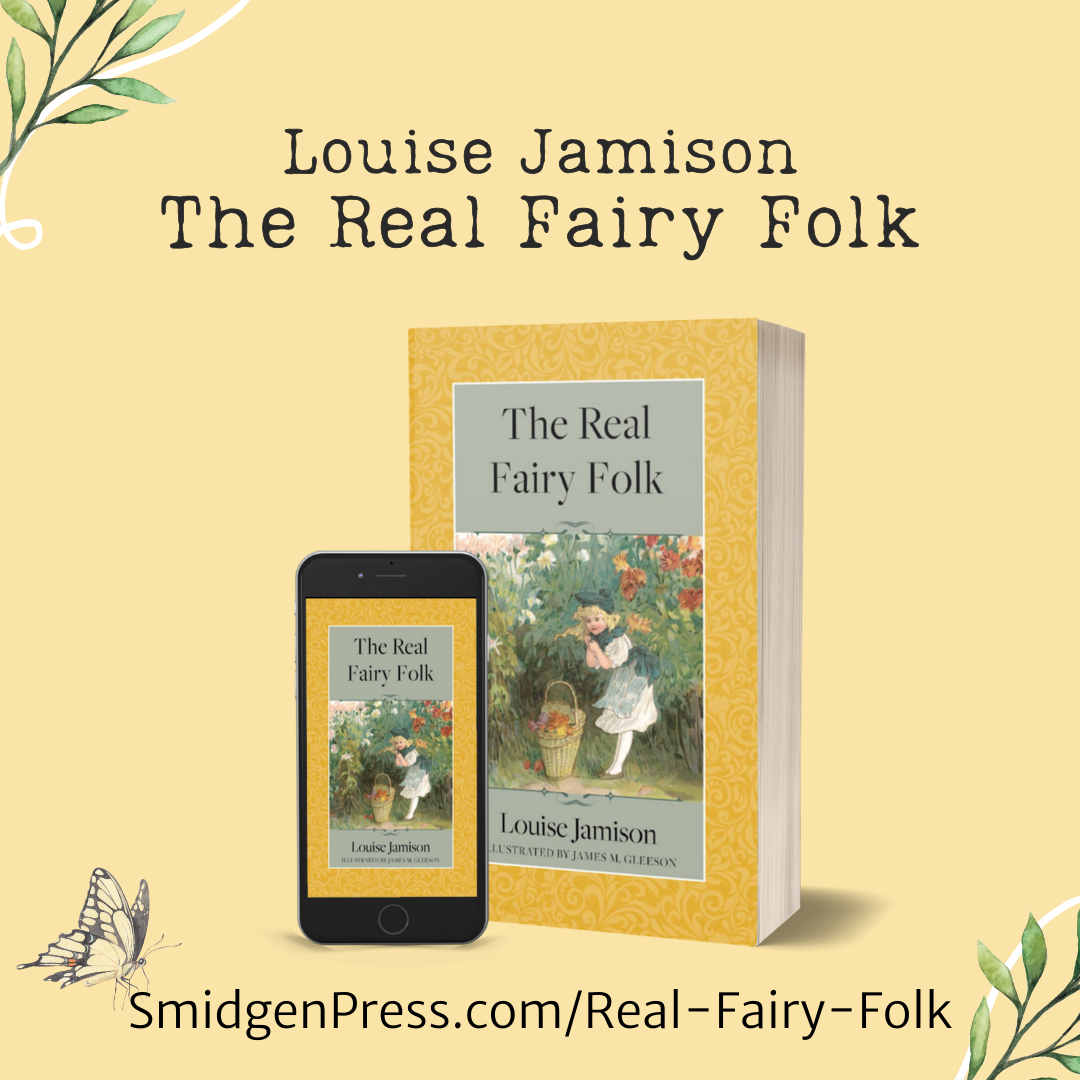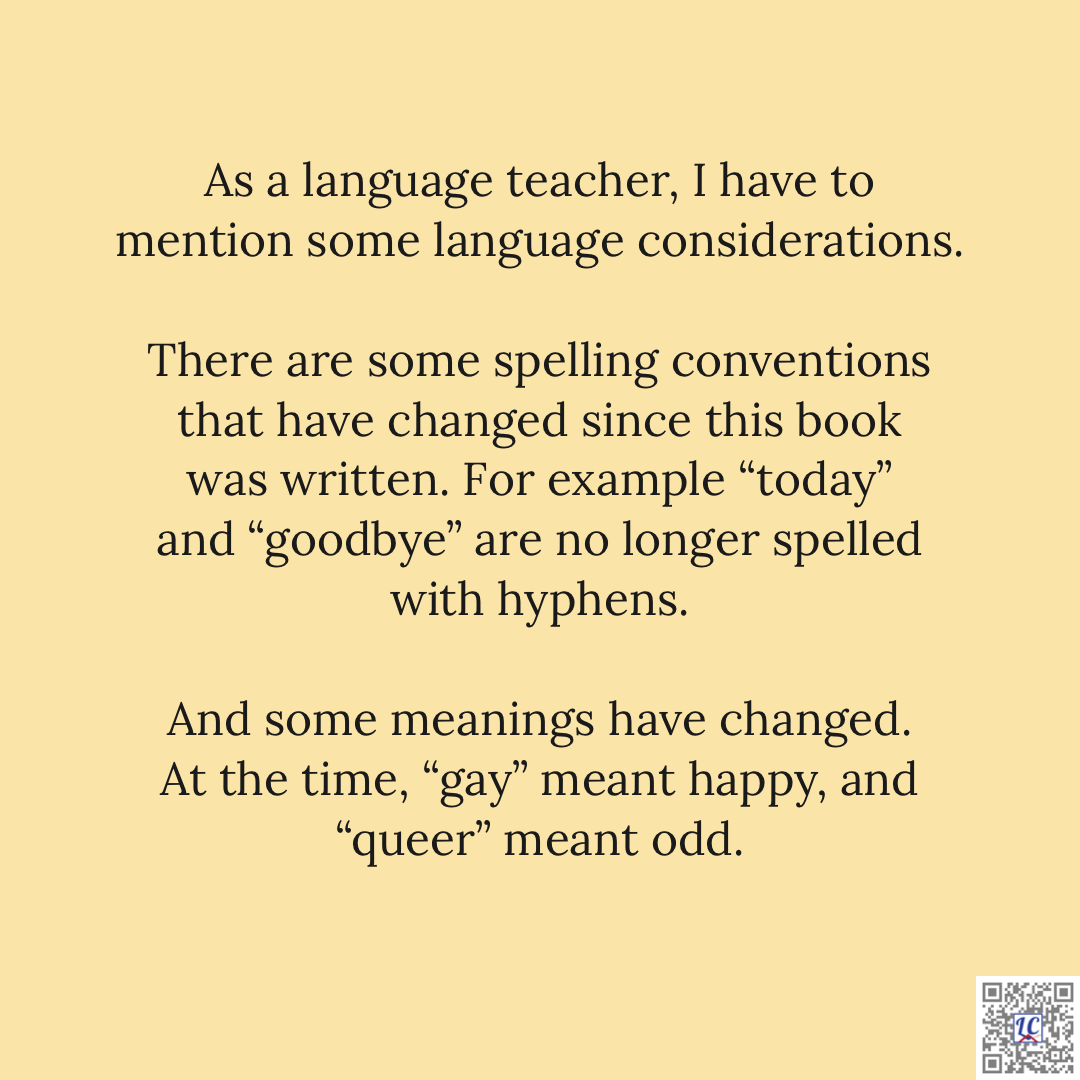
Thursday Thought #EdithWharton


How many words can you make from these letters? Make words of any length, but use each letter no more than once per word. (If a letter is on the board twice you can use it twice.) Share your word lists in the comments.
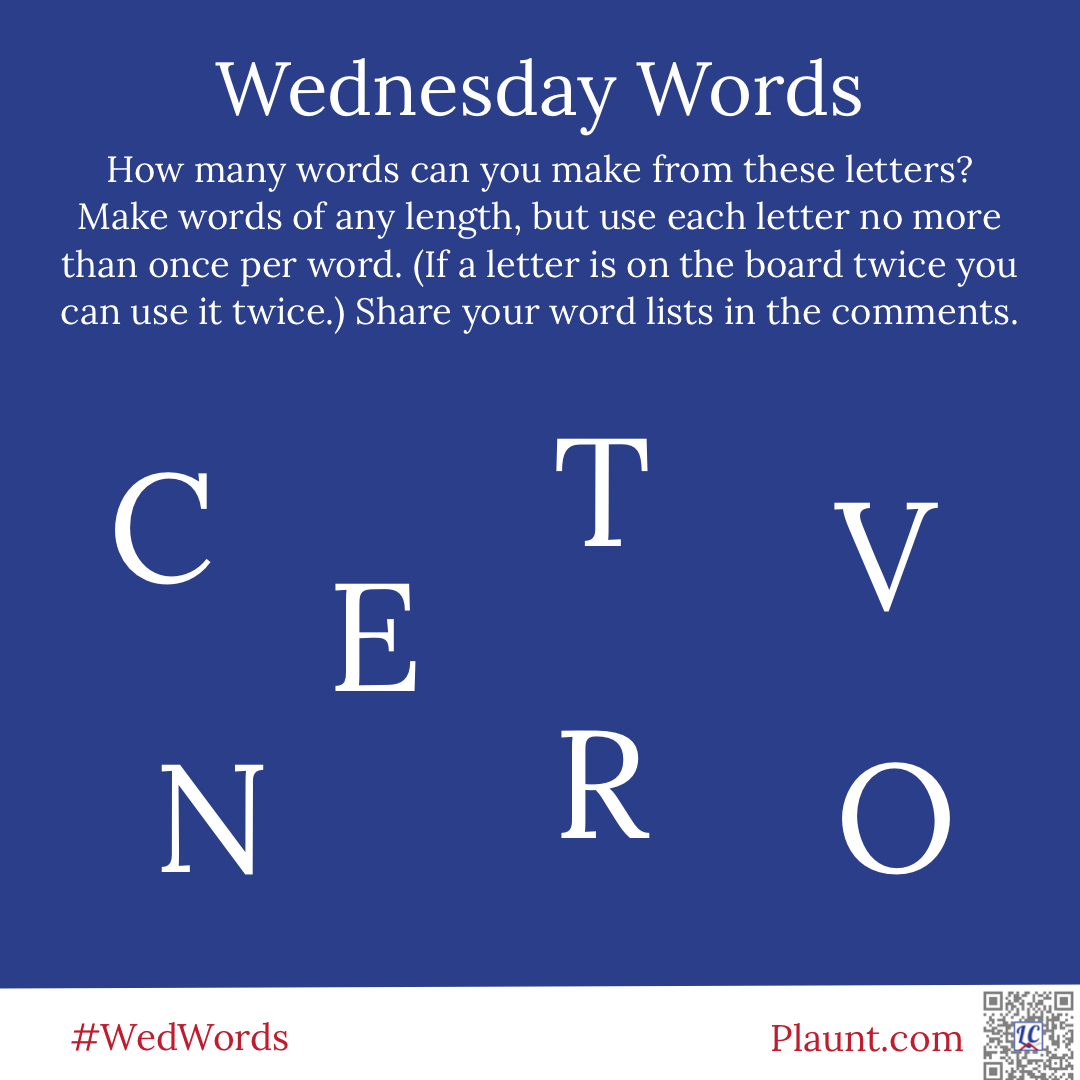
Write a story with only two sentences. Use the photo for inspiration if you wish.
Photo by Stephanie LeBlanc on Unsplash.

You exacerbate a situation, and you exasperate a person–potentially because you exacerbated a situation.
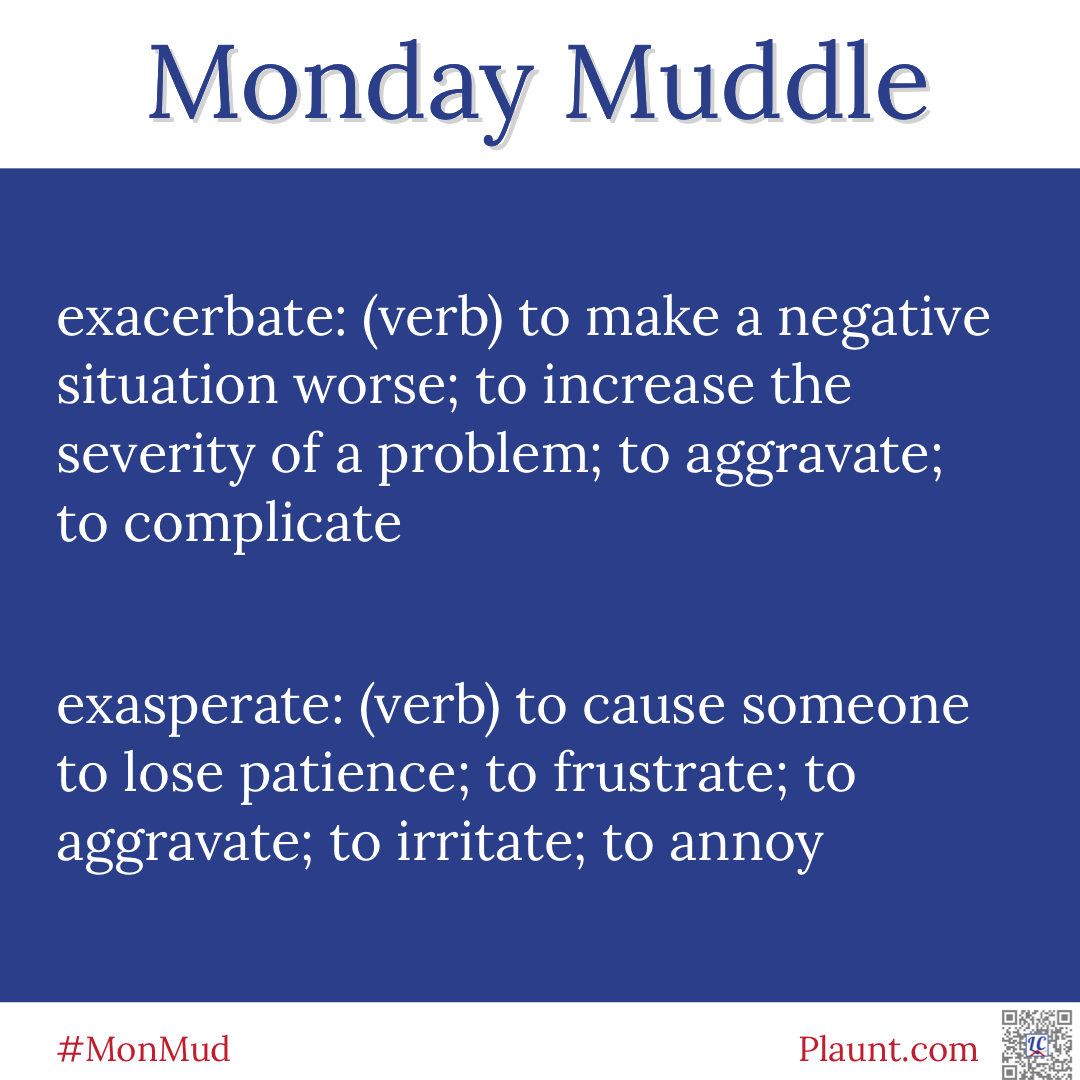
For a weekly dose of language-based humour, visit my Facebook page at https://facebook.com/lcplauntMEd

How many words can you make from these letters? Make words of any length, but use each letter no more than once per word. (If a letter is on the board twice you can use it twice.) Share your word lists in the comments.
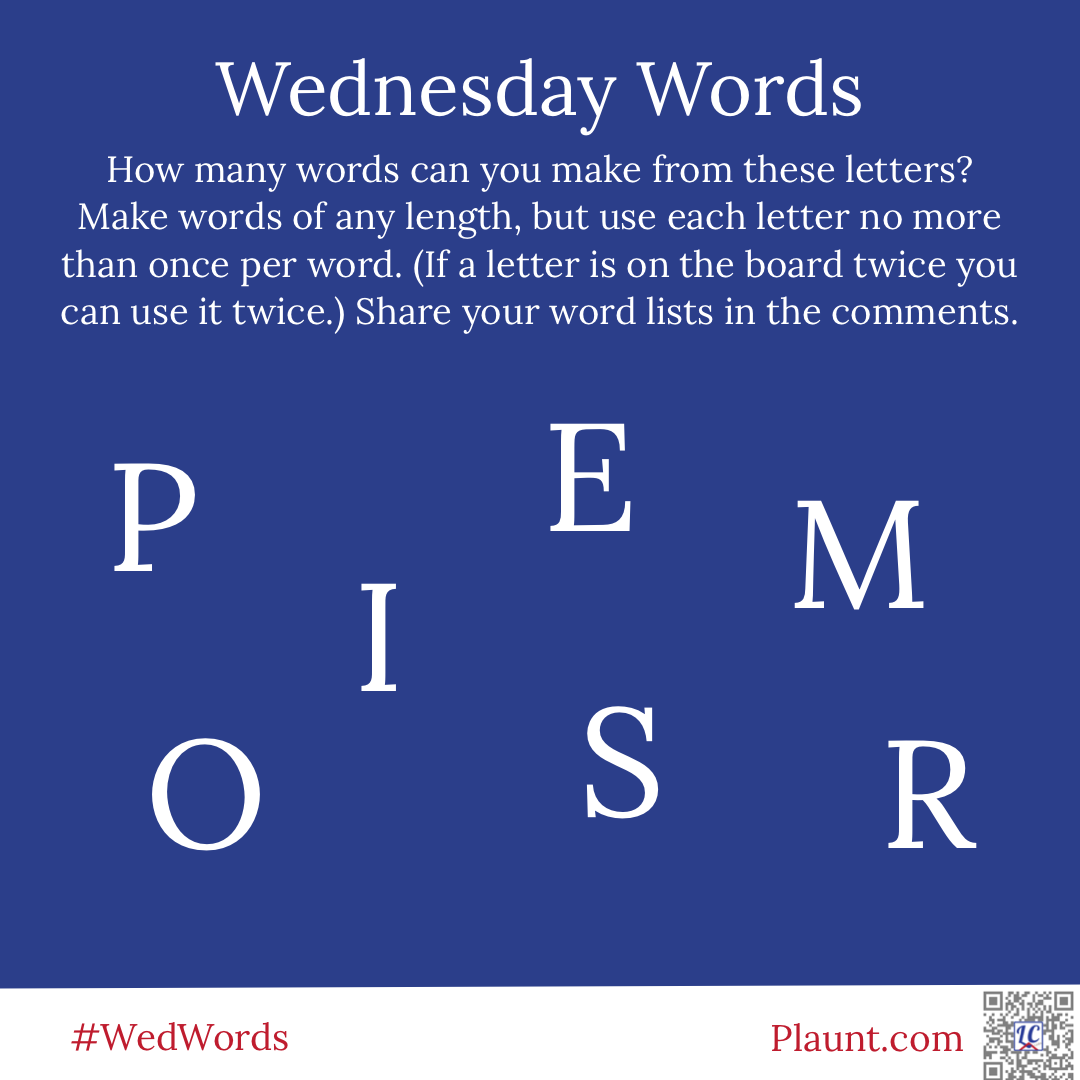
Write a story with only two sentences. Use the photo for inspiration if you wish.
Photo by William Bout on Unsplash.

It is better for an author to create a backlist than to create a backlog.
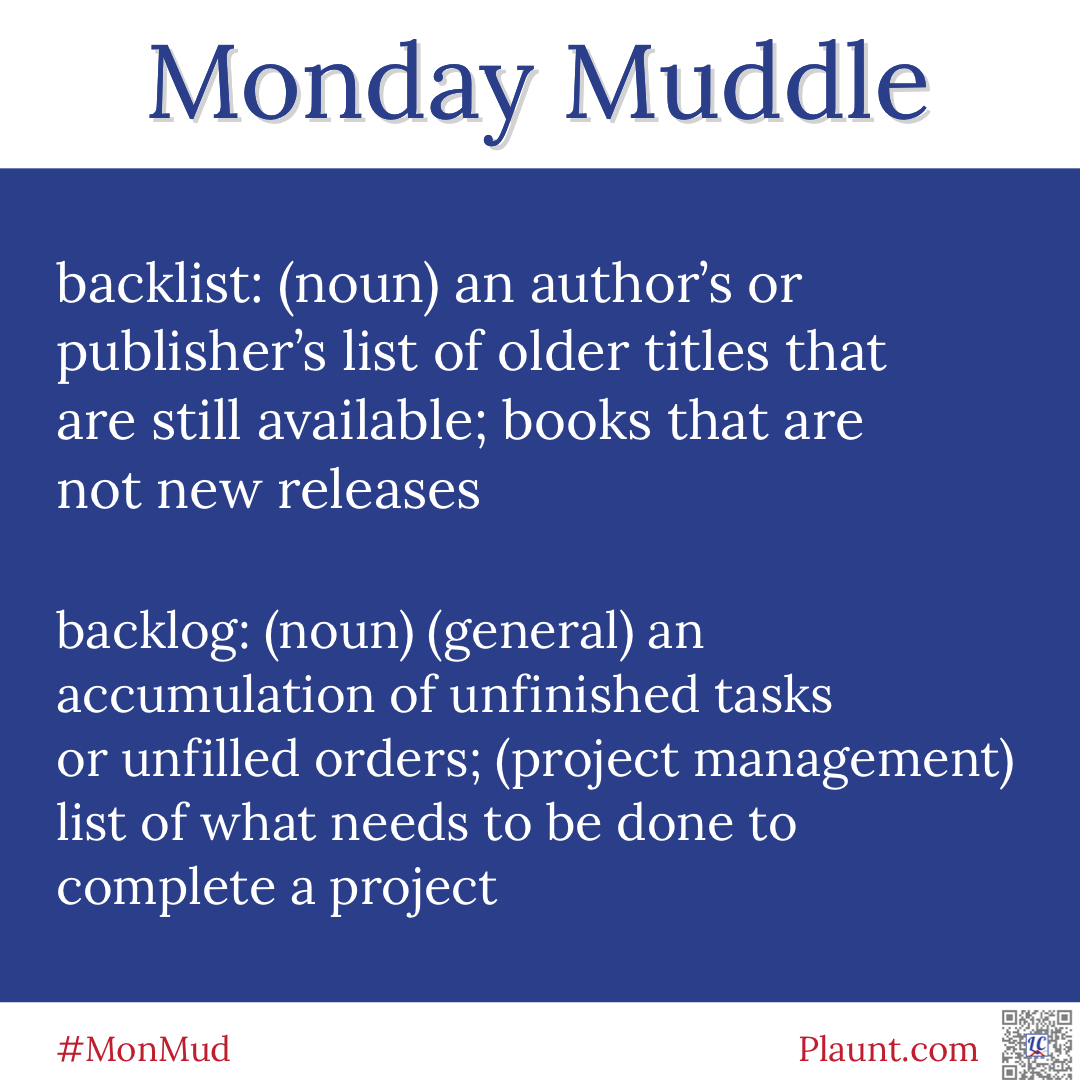
Smidgen Press has a whimsical new release with dozens of new illustrations. For more information, and to order, visit https://smidgenpress.com/real-fairy-folk/
If you would like to be an Ambassador for Smidgen Press, applications are open here: https://form.typeform.com/to/TGuowYoc
